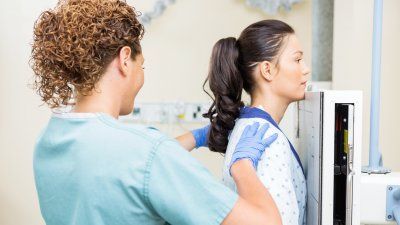Most Popular Science Stories of 2016
Stories about sensory processing disorder, videos about “zombie” cancer cells, and news about the effects of caffeine and alcohol on the heart were among the topics that most engaged our readers in 2016.
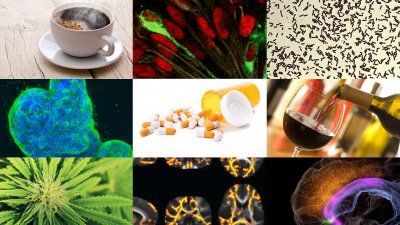
University of California San Francisco
Give to UCSFStories about sensory processing disorder, videos about “zombie” cancer cells, and news about the effects of caffeine and alcohol on the heart were among the topics that most engaged our readers in 2016.

Education by community-based non-professional health workers significantly increased colorectal cancer screening rates among mostly non-English-speaking, older Chinese-Americans in San Francisco.
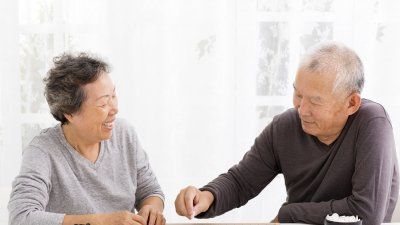
Nearly half of the patients in a safety net health system who had an abnormal stool-based screening test for colorectal cancer failed to receive the recommended colonoscopy within a year.

UCSF researchers have developed a new variety of targeting system for chemotherapy drugs based on the unusually high free iron content of many cancer cells.

California adolescents perceive smoking cigarettes to be riskier – and less socially acceptable – than they did a dozen years ago.
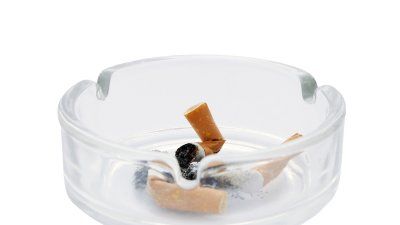
UCSF researchers found a way to pause the development of early mouse embryos for up to a month in the lab, a finding with implications for assisted reproduction, regenerative medicine, aging and cancer.

According to a new study led by UCSF scientists, lung cancer’s ability to spread may often be due to the inactivation of a single protective protein within tumor cells.
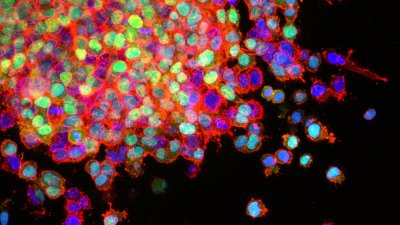
A group that includes UCSF, the City and County of San Francisco, and health care and community organizations has launched the San Francisco Cancer Initiative, a major public health effort to reduce cancer in San Francisco.
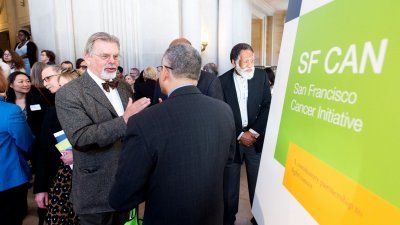
Next-generation sequencing for patients at UCSF Medical Center is prompting changes in brain tumor diagnoses for some children and a retooling of treatment plans in many cases.
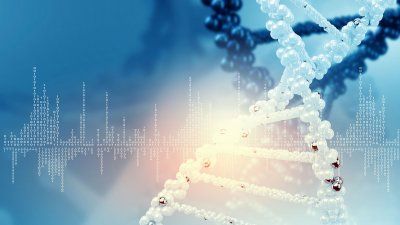
UCSF Health and John Muir Health are augmenting their growing collaboration through a plan to expand world-class, compassionate cancer care.

A team of researchers led by UCSF scientists has identified a new drug target for triple-negative breast cancer.
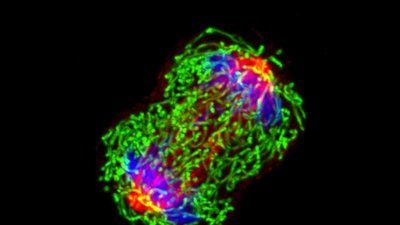
Watch the highlights from some of UCSF's foremost scientists who participated in the Dreamforce conference this year.

The UCSF Helen Diller Family Comprehensive Cancer Center is one of only 12 academic centers in the U.S. joining a large national precision medicine study that aims to improve survival for pancreatic cancer patients.
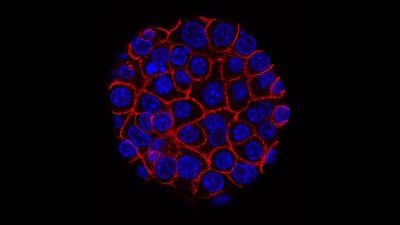
The National Institutes of Health has awarded grants to seven UCSF scientists to pursue innovative approaches to major contemporary challenges in biomedical research.
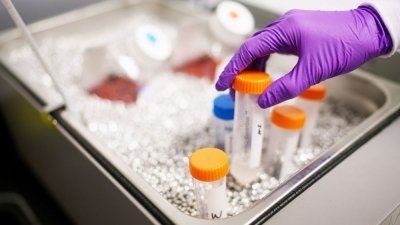
UCSF scientists have engineered human immune cells that can precisely locate diseased cells anywhere in the body and execute a wide range of customizable responses, including the delivery of drugs or other therapeutic payloads directly to tumors or other unhealthy tissues.
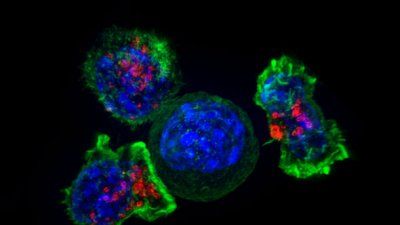
A new analysis of marijuana legislation offers a framework for states that are considering legalizing the drug and want to protect public health, rather than corporate profits.

Some of UCSF's foremost scientists will participate in the 2016 Dreamforce conference in San Francisco.

UCSF Benioff Children’s Hospitals are bringing together the cities of San Francisco and Oakland this week, as well as each city’s baseball team, to raise awareness of pediatric cancer.
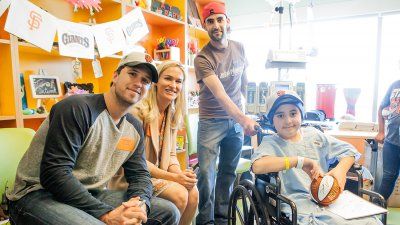
UCSF Fresno recently launched two new training programs: the UCSF Fresno Hematology/Oncology Fellowship and the UCSF Fresno Emergency Medicine Physician Assistant (PA) Residency Program.

San Francisco Giants’ catcher Buster Posey will be meeting with patients at UCSF Benioff Children’s Hospital San Francisco this week, in honor of National Pediatric Cancer Awareness Month.

Ten recommendations from a Blue Ribbon Panel of scientific experts, cancer leaders and patient advocates – including two UCSF researchers – have been approved to help guide the National Cancer Moonshot Initiative.
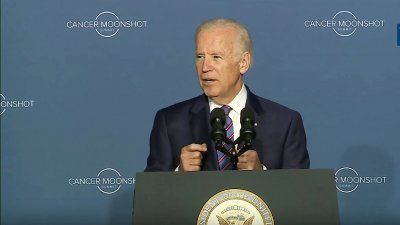
Early-stage breast cancer patients whose tumors carry genetic markers associated with a low risk of disease recurrence may not need to undergo chemotherapy, suggests a new study that employed a test devised by a UCSF researcher.
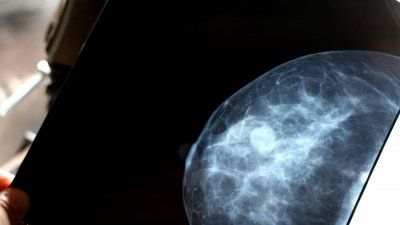
The ideal interval for breast cancer screening depends on combined assessments of each woman’s breast cancer risk and her breast density, according to a new study led by UCSF and University of Wisconsin researchers.
